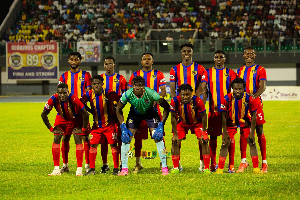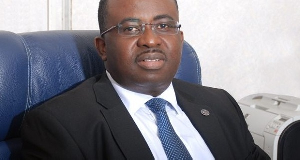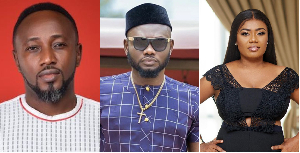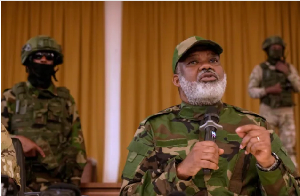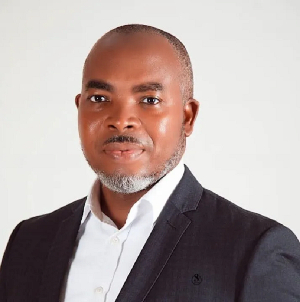The University of Business and Integrated Development Studies has been named after former leader of the Northern People’s Party Dombo.
This was after Parliament passed the bill that allows the school to be autonomous having been an outlet of the University of Development Studies.
The Minority in Parliament questioned President Akufo-Addo’s decision to rename the school after Dombo.
During the second consideration stage of the bill, Majority leader, Osei Kyei Mensah Bonsu sprung a surprise move when he announced on the floor that the University has been renamed after one of the founding father’s of the NPP tradition, Simon Diedong Dombo.
The move however did not sit well with some NDC MPs who questioned the relevance and significance of Dombo to the nation’s political history.
Minority leader Haruna Iddrisu called for more consultation on the matter but that was challenged by the Education minister who said previous naming of national assets were not taken through the process been demanded by the Minority.
Mathew Opoku Prempeh argued: “When you talk about stakeholders, the University Council approved. It is the University Council that nominates institutions’ [names].
“For the Thomas Sankara interchange, what was the consultation that was done for that… what consultation was done before KNUST was named after Kwame Nkrumah? That is not the point.”
Simon Diedong Dombo (1925–1998) was a Ghanaian politician, teacher and king. He was a Member of Parliament and the Parliamentary Leader during the first Republic of Ghana. As the Douri-Na, he was reputed to be the first educated chieftain in the Upper Region of Ghana. He was one of the founders of the Northern People’s Party. This later merged with the United Party. During the Second Republic, he was a member of the ruling Progress Party. He was Minister for Health and then Minister for Interior in the Busia government. He had more than 30 children.
He was banned from holding elected office by the Supreme Military Council prior to the 1979 elections.
General News of Friday, 2 August 2019
Source: starrfm.com.gh







